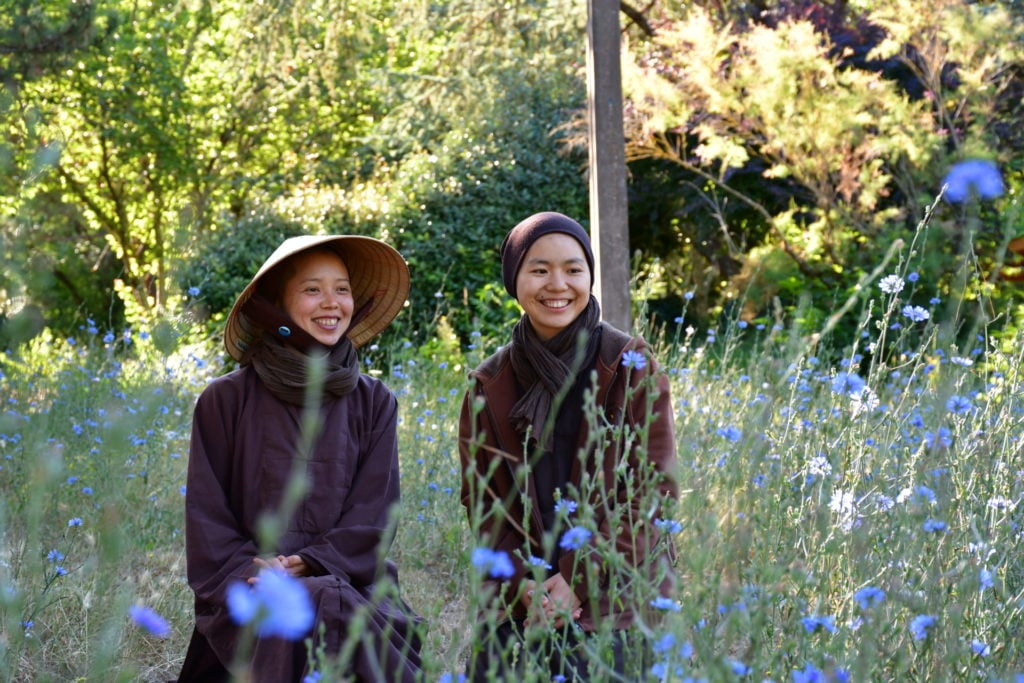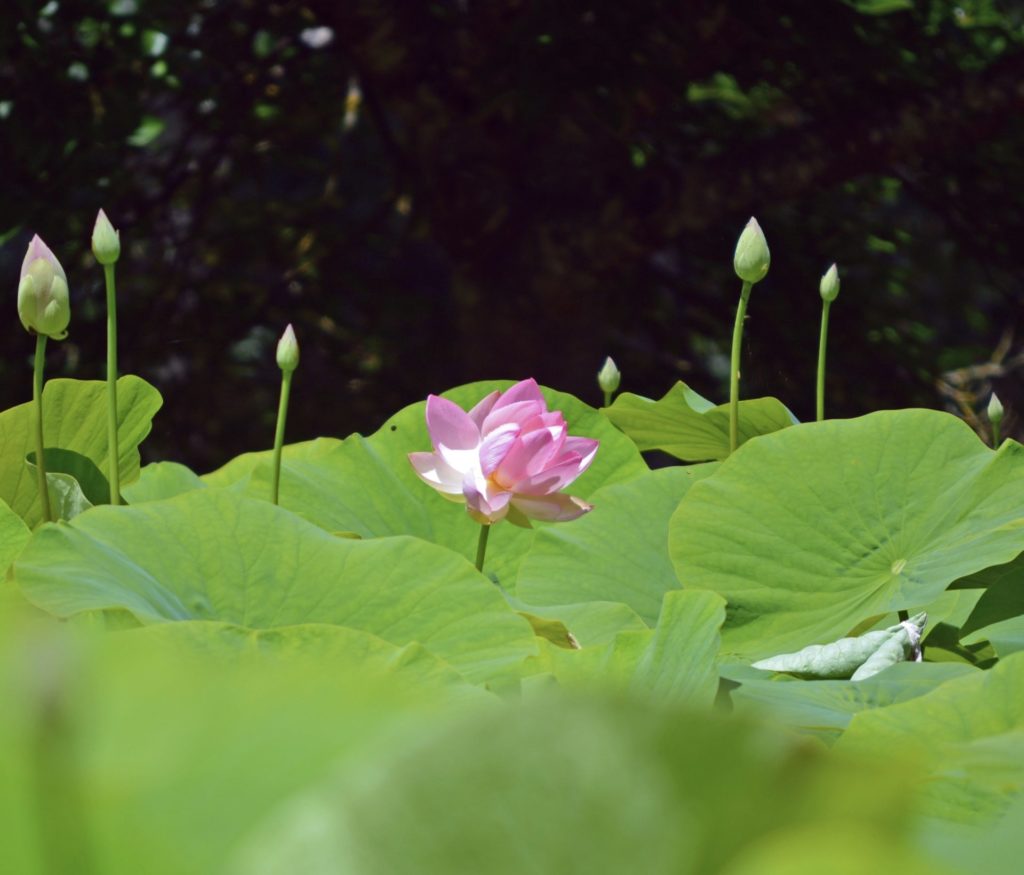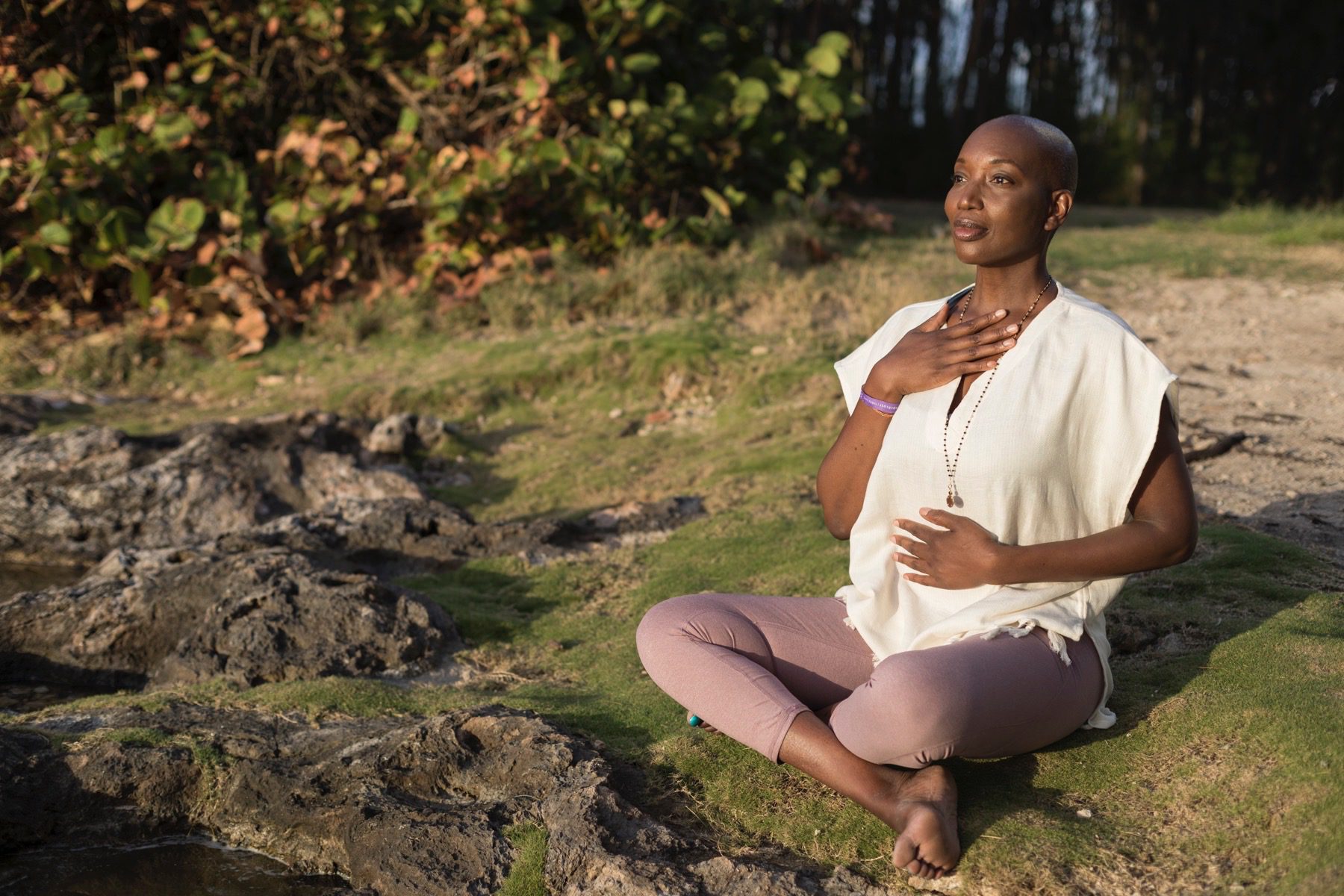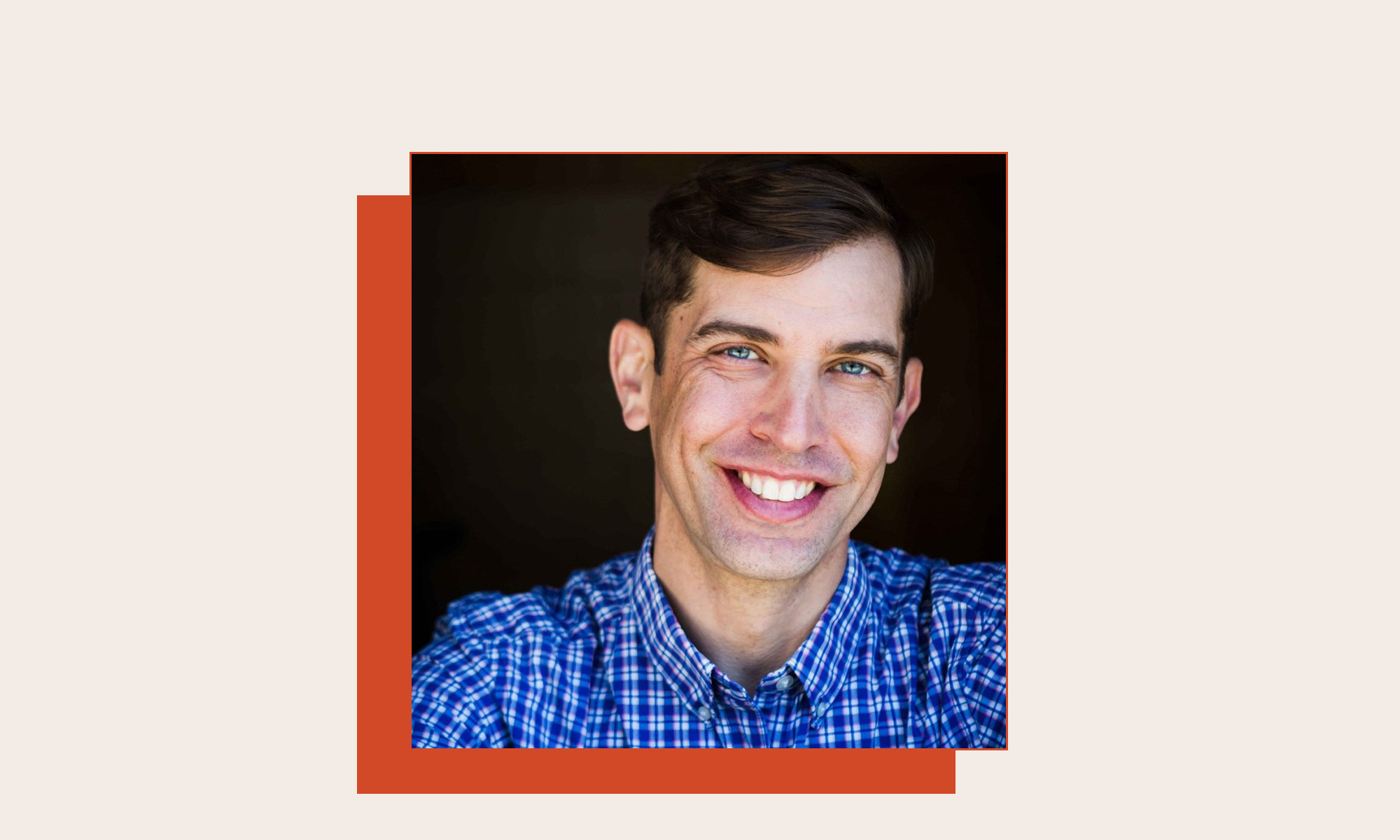Talk 7: Can You Live A Happy Life?
Ethics has the purpose of finding out what should be done and what should not be done. What is the right thing to do? Thay explores this topic in Talk 7 of our series on Ethics and how we...

Thay’s 2008-09 Teachings on Ethics – Talk 7 – Rains 2023/24
Dear friends, we continue our series on Ethics from our recent Rains Retreat, taught by Thay in 2008/9 in Vietnamese with English subtitles: Life, Death, Love and Happiness in Daily Life.Happiness Is Available Right Now
The Buddha’s teaching on dwelling happily in the present moment is very wonderful, very important. You don’t have to run towards the future. You also don’t need to dream of happiness elsewhere, in the future. Happiness is available right now, and you can be in touch with the wonders of life within and around you.
A person who is capable of being happy, is a person with the highest value
There are people who are very rich, there are people who are very powerful, and there are people who are very attractive, but if they are not capable of being happy, it’s as good as nothing. The capacity to be happy, of being able to live happily, is the most precious thing. Among us there are people like that. There are people who are capable of living happily. Those are very lucky people. And that is something we can train. We don’t go looking for happiness. We come home to the present moment to be in touch with the wonders of life.
 A wild and wondrous flowerIn Talk 6 we explored how right thinking can produce right speech and right action,
healing ourselves and the world.
Now we look deeper into the use of Normative Ethics, alongside our practice to help us determine what is 'right' and how this can lead to a happy life.
A wild and wondrous flowerIn Talk 6 we explored how right thinking can produce right speech and right action,
healing ourselves and the world.
Now we look deeper into the use of Normative Ethics, alongside our practice to help us determine what is 'right' and how this can lead to a happy life. Normative Ethics: what is the right thing to do?
Ethics has the purpose of finding out what should be done and what should not be done. What is the right thing to do? When we talk about normative ethics, Đạo đức học tiêu chuẩn (標準道德學), then we have to talk about the criterion of pain and pleasure. Whatever brings about pain or suffering, we should not do. And whatever brings about pleasure or happiness, we can do. It’s a criterion. But this criterion is not absolute. There are things that look like suffering, but in fact are not real suffering.
Your way (of seeing) determines whether something is suffering or not.
For example, when we clean the toilet. We can ask: is cleaning the toilet a pain or a pleasure? It depends on the person, right? There are people who don’t have a toilet to clean. There are people who have toilets, but don’t have soap or toilet cleaner to clean them. There are people who have a toilet, but don’t have the time to clean it. And so these people may be very happy to clean the toilet. “How lucky to have a toilet to clean, to have a clean toilet to use,” so while cleaning the toilet, happiness is possible. But if you think, “Someone like me, cleaning toilets?” then you would be miserable. So whether suffering or joy, or happiness, depends on us.
 Happiness is available here and now
Happiness is available here and nowPain and pleasure are not absolute. It depends on our mind. When you drink alcohol or smoke marijuana, it’s pleasurable, right? It feels pleasant. But should you do it or not? Because it will bring about suffering in the future. So that pleasure leads to pain. And that’s why the words “pain” and “pleasure”, have very relative meanings.
Therefore, this criterion of pain and pleasure needs to be re-examined. There are schools of ethics that say whatever brings happiness and joy, that action is considered right. And anything that brings suffering is considered wrong and should not be done. That’s the criterion of pain and pleasure. But just defining what is pain and what is pleasure already poses a difficulty.
Suffering itself is also a factor that produces happiness
How can there be happiness if there is no suffering? How can there be right if there is no left? How can there be life if there is no death? So we see clearly that without mud, there is no lotus. And so suffering plays quite an important role in producing happiness.
 A lotus blooming out of the mud
A lotus blooming out of the mudThay goes on to speak about the criteria of Beneficial and (un) Beneficial, Awakening and Delusion, and looks deeper into Applied Ethics and Meta Ethics.

 FrankLin
FrankLin 

































